Long before former White House Press Secretary Sean Spicer attempted to call out American Urban Radio Networks’ correspondent April Ryan for giving him what he thought was a disrespectful head shake while simply trying to do her job, Ethel Payne was agitating White House officials in the press room on a daily.
Payne set the standard in the 1950s when she became one of only three black journalists to be credentialed as a member of the White House Press Corps.
Known as the “First Lady of the Black Press,” Payne was a columnist, lecturer, and freelance writer. She combined advocacy with journalism as she reported on the Civil Rights Movement during the 1950s and 1960s, and was known for asking questions others dared not ask.
Payne became the first female African-American commentator employed by a national network when CBS hired her in 1972. In addition to her reporting of American domestic politics, she also covered international stories, and questioned every president from Eisenhower to Reagan.
As Payne’s biographer, James McGrath Morris, who wrote Eye on the Struggle: Ethel Payne, the First Lady of the Black Press says, “Her not being known today is really a legacy of segregation, in that she was iconic to a large segment of the U.S. population, but like most black institutions, the Chicago Defender was entirely invisible to white Americans. So the notion of discussing civil rights with the President of the United States, in that case Eisenhower, she felt she was part of ‘the problem’ and couldn’t pursue typical objective reporting. Instead she adopted a measure of being fair. It may seem like a small distinction but it wasn’t. Her questions were laden with an agenda.”
Born in Chicago, Illinois, the granddaughter of slaves, Payne’s father worked as a Pullman Porter, one of the best jobs open to African Americans in those times. He died at age forty-six after contracting an deadly infection from handling soiled linens and clothes on the train, when Ethel was fourteen years old. Her mother then took various domestic jobs to support the family, which made it difficult to educate all of her children.
Ethel spent her childhood in the predominantly black neighborhood of West Englewood bit attended Chicago public schools, notably the mostly white Lindblom Technical High School. Payne longed to be a writer and pushed to continue her education at Crane Junior College and the Chicago Training School for City, Home, and Foreign Missions.
Source: article via goodblacknew.org written by Lori Lakin Hutcherson

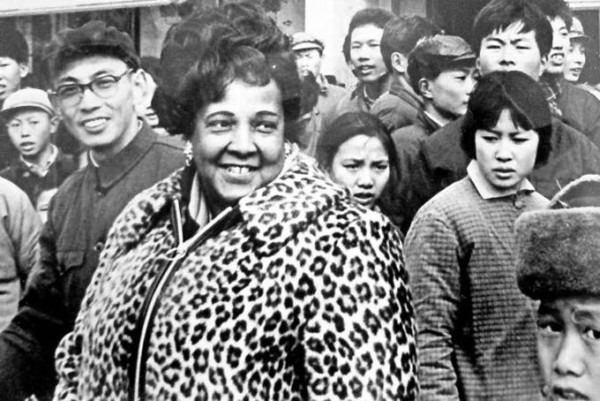




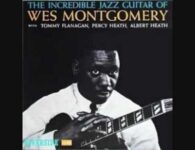
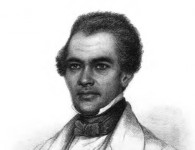
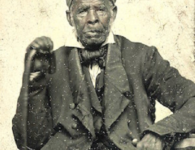
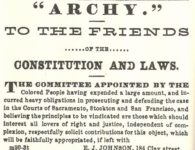
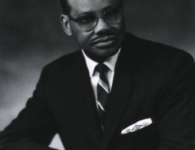
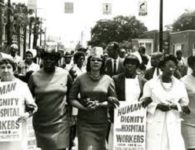

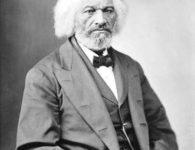
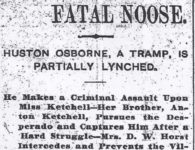
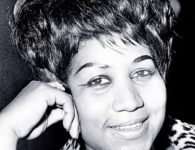
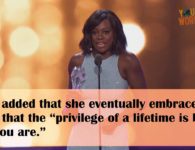
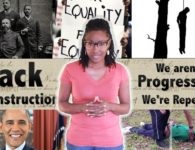
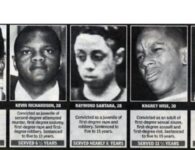


No comments